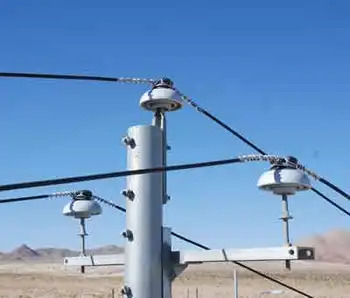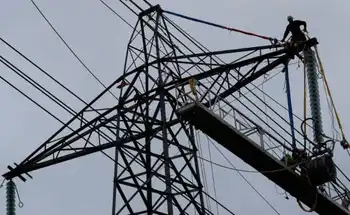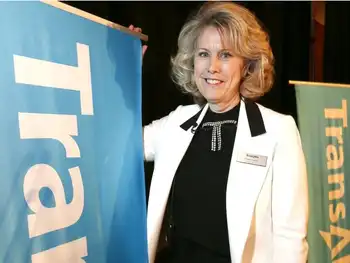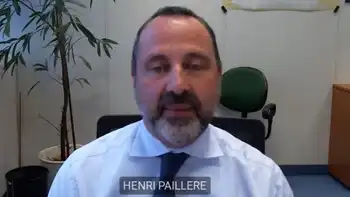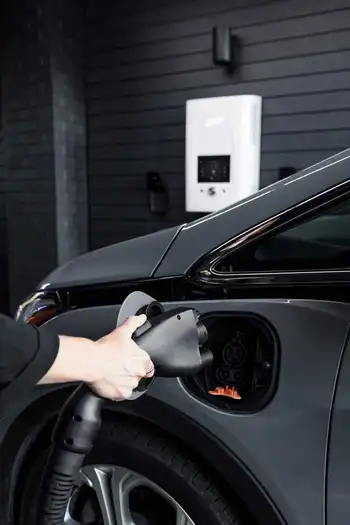Green energy project will help city reduce greenhouse gases
By Electricity Forum
High Voltage Maintenance Training Online
Our customized live online or in‑person group training can be delivered to your staff at your location.

- Live Online
- 12 hours Instructor-led
- Group Training Available
The first of its kind in Northern Ontario, the gas generation plant at the Sudbury Landfill is an innovative initiative that captures methane gas from the municipal landfill to create electricity. It is a partnership between the City of Greater Sudbury, Greater Sudbury Utilities and Toromont Energy Limited. The gas generation plant will operate at 1.2 MW in 2007, 1.5 MW in 2008 and achieve full capacity of 1.6 MW in 2009, the amount of electricity required to power approximately 1,200 homes.
"Today's ceremony reinforces our city's commitment to alternate energy solutions," said Greater Sudbury Mayor John Rodriguez. "The landfill gas generation plant at the Sudbury Landfill is an excellent example of how new technologies are converting formerly wasted resources into lucrative energy sources. So long as we have municipal landfills, we will have methane gas to power our homes."
"Using landfill gas to produce energy is a win-win opportunity for the City of Greater Sudbury," said Sudbury MPP Rick Bartolucci. "This innovative project shows how we can take creative steps to reduce our impact on the environment and pursue alternative renewable energy at the same time."
Doug Craig, Chair of Greater Sudbury Utilities Inc. believes the savings associated with using an alternate energy source will place the City of Greater Sudbury in an ideal position to expand the project and consider other innovative green energy solutions.
"This project is one way we can help reduce overall demand for fossil fuels. One tonne of organic waste at a municipal landfill can produce 125 cubic metres of methane, or the energy equivalent of one barrel of oil," said Craig. "We saw an opportunity and we decided to make it work. We have a 20 year agreement with the Province for the sale of green energy which parallels our three way partnership, and the Sudbury Landfill has potential to produce methane gas far beyond 20 years."
Landfill gas is produced when organic waste such as kitchen waste, decompose inside a landfill. The landfill gas is composed of roughly 50 per cent methane, 50 per cent carbon dioxide and trace amounts of other gases.
Methane is a highly potent greenhouse gas. Prior to construction of the generation plant, the Sudbury Landfill burned the methane to prevent its dispersal into the atmosphere. The new plant will now burn the methane in a reciprocating engine to generate electricity.
Drilling for landfill gas is similar to drilling for conventional natural gas reserves. Perforated pipes are set horizontally into a section of the landfill. A vacuum slowly draws gas into the pipes where it is cleaned of impurities before being sent to a reciprocating engine. The engine powers a generator that produces electricity for the power grid.
Greater Sudbury Utilities has an agreement with Toromont Energy Limited to operate and maintain the landfill gas generation plant for a 20-year term matching that of the Provincial Standard Offer Agreement between Greater Sudbury Utilities and the Ontario Power Authority.
"Toromont is excited to be a part of Sudbury's greener future and this project demonstrates our commitment to help develop new renewable resources of electricity generation in Ontario" said Lou Colangelo, General Manager Toromont Cat Power Systems.
The Landfill Gas Generation system is designed to accommodate a second engine that Greater Sudbury Utilities plans to add in 5 years.





